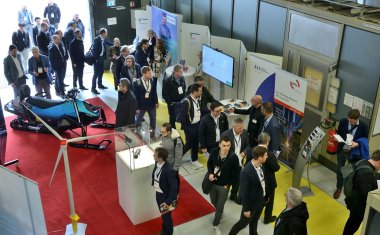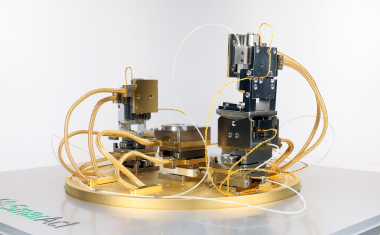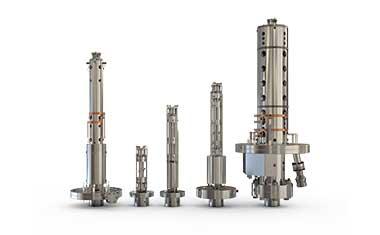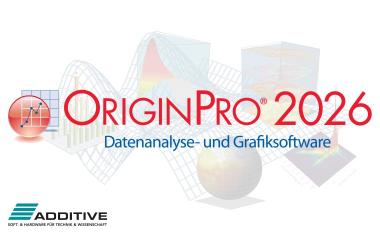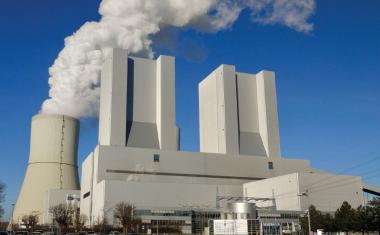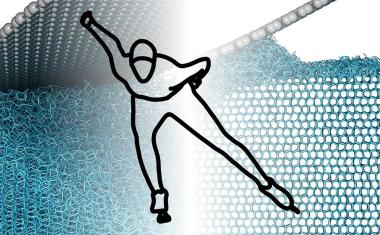Rudolf Ludwig Mößbauer – His Science and its Future Impact
Günter Kaindl (Hrsg.): Rudolf Ludwig Mößbauer – His Science and its Future Impact, DPG, Bad Honnef 2012, 118 S., brosch, 20,00 Euro, ISBN 9783981116113
Günter Kaindl (Hrsg.)
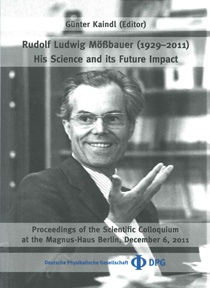
Rudolf Ludwig Mößbauer (1929–2011) was the young star of science in Germany, when he had been honored in 1961 with the Nobel Prize in Physics at age 32 for his 1958 discovery of recoilless nuclear resonance fluorescence (the Mössbauer Effect) in the course of his research towards a doctoral thesis advised by Heinz Maier-Leibnitz at the Technische Hochschule München (THM). His international success was all the more remarkable, since he studied and worked at a time when research funds were extremely scarce in Germany, and much of the campus and the city were still in ruins. When he returned in 1964 from Caltech to the THM, he enforced an internal reform there, the introduction of the Physik-Department, a department system similar to that at top US universities. In this way, he contributed decisively to the reshaping of physics and science in Germany (the Second Mössbauer Effect). Despite many seductive offers from all over the world, he stayed loyal to his alma mater. For students, he was a rote model of a university professor, being highly motivated and presenting well-prepared lectures with his elocution.
This book is the result of a Scientific Colloquium on December 6, 2011, organized at the Magnus-Haus Berlin of the German Physical Society in honor of Rudolf Ludwig Mößbauer, a few months after his death. It provides an insight into the life and work of this great researcher, scientist, and teacher, as well as into the continuing impact of his discovery and research.


